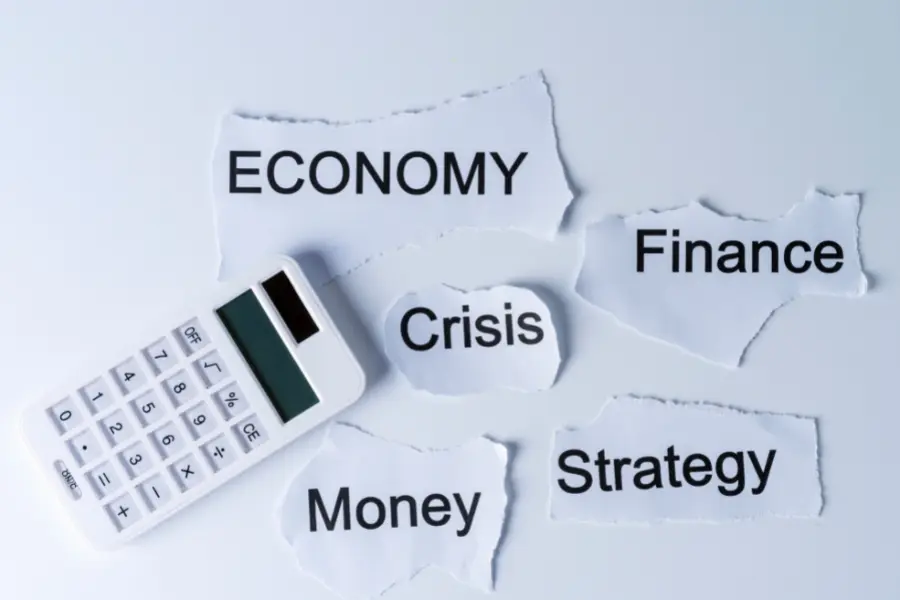If you’re looking to take your forex trading skills to the next level then having a basic understanding of an economic calendar can be instrumental in ensuring success.
A solid grasp on what’s happening both nationally and globally, especially with regard to upcoming financial releases and policy meetings, is critical for traders as it helps shape their investment decisions.
Let’s break down the key components of an economic calendar and figure out how you can use it to your advantage.
What is the economic calendar?
Investors and traders use economic calendars as a tool to plan their trades, portfolio reallocations, chart patterns, and other related activities.
These schedules of significant releases or events have the potential to affect security prices or markets as a whole.
Various countries’ calendar information is available for free on many financial websites – giving investors an edge in planning their next move.
Economic calendars keep track of a nation’s economic events, such as jobless claims, home starts, and interest rate changes.
These reports offer insight into the health of an economy by providing valuable data from sources like the Federal Reserve or other central banks, plus sentiment surveys from particular markets.
Traders and investors watch the economic calendar closely for potential trading opportunities. They will enter or exit positions many times in accordance with a specific event on the horizon or due to increased activity before an announcement is made.
By staying updated with news events, traders can take advantage of market fluctuations caused by these announcements.
Benefits of using the economic calendar
The economic calendar is an invaluable resource for all traders, from beginners to experts. With a single click, you can access essential market indicators and events across multiple markets such as forex trading, commodities, and indices.
Let’s go through the main benefits of this tool:
Risk management
Risk management is an essential part of traders’ strategy, especially in times of extreme market volatility. Staying abreast with economic events that could influence the markets will enable investors to plan their trades and navigate changing conditions without compromising on an elaborate trading approach.
Planning events
Active traders should keep a close eye on economic calendars to anticipate market volatility. By understanding the impact of macroeconomic factors such as inflation and employment data, they can be better prepared for any events that could cause interest rate spikes in certain currencies.
Understanding how the market works
An economic calendar is an invaluable tool for beginner traders, allowing them to understand how global markets work without making any trades.
By monitoring the calendar and live charts, it’s possible to gain insight into potential investments in different markets by studying market movements – enabling a better entry and exit point than would otherwise be available.
Conclusion
To wrap it up, an economic calendar lists upcoming events that can have an impact on financial markets. These events might include central bank meetings, reports on inflation or employment, and commodity auctions.
By tracking the releases in an economic calendar, you can make informed decisions about when to buy or sell stocks, commodities, or other assets.
Adding the economic calendar to your trading arsenal can help you stay ahead of the competition and make profits even in volatile market conditions.



![10 Best Bags for Nurses | Personal Recommendation [2023] 4 Best Bags For Nurses Reviews in 2021](https://knowworldnow.com/wp-content/uploads/2022/12/Best-Bags-For-Nurses-Reviews-in-2021.webp)



![F95Zone Games - The Ultimate Guide for 2021 [F95Z Guide] 8 F95Zone Games](https://knowworldnow.com/wp-content/uploads/2021/07/ArTtW5LrK3b-z-0-y-637f48d86203817a9042a857.webp)